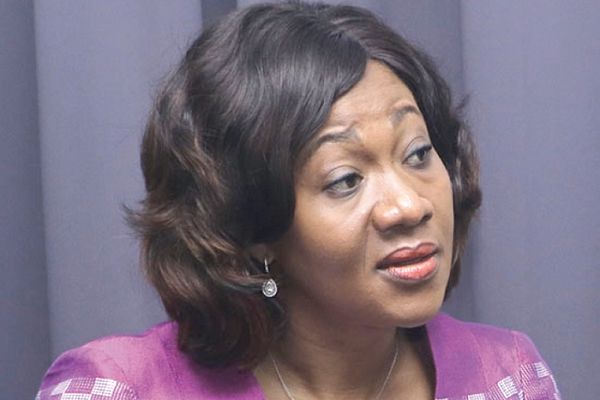
Election of MMDCEs: What is in it for the people?
Ghana is constantly held in high esteem when democracy is used as a benchmark to determine how well countries are doing in terms of governance.
To further strengthen Ghana’s democracy and ensure inclusiveness, it will require that citizens are given the opportunity to elect their leaders at all levels of the governance system.
At the national level, citizens are given the opportunity directly to elect the President. However, at the local assembly level, citizens are not the ultimate deciders of their leaders, in this case the Metropolitan, Municipal and District Chief Executives (MMDCEs).
Advertisement
The power to choose who becomes the chief executive of an assembly or not, to a large extent, lies in the bosom of the President with the nominees requiring two-thirds of their respective assembly members voting to endorse their appointment.
The reality on the ground is that most of the President’s nominees over the years have been given the nod by the assembly members.
It would have been the case that the will of the people would have reigned supreme if all the people in the district were the ones to elect their chief executives without the President’s involvement.
The question that arises is that why should people not be allowed to choose their MMDCE who serves as their first port of call in the governance hierarchy? This has led to calls by stakeholders to make the MMDCE position elective instead of its current appointive procedure.
Before the election of the MMDCEs come to fruition, there are certain constitutional amendments, administrative processes and sensitisation campaigns that must be addressed.
The Ministry of Local Government and Rural Development has on various platforms made it known to Ghanaians that the above-mentioned requirements and processes are being vigorously tackled.
The ministry has assured the citizens that the country is on course to conduct a referendum in September this year, as well as the election of MMDCEs in 2021.
Proponents of the current system where the President appoints the MMDCEs argue that the status quo should be maintained because the elective process is costly and can lead to undue political interference and corruption.
Although these reasons may be genuine, a critical look at the big picture will reveal that the advantages of electing the MMDCEs far outweigh the advantages of appointing same.
It is in light of the above that the write-up is making a case for the election of MMDCEs, primarily because of the benefits the citizens at the local assemblies will enjoy.
Benefits to the people
The opportunity to elect MMDCEs by the local people means that power will now be shifted to the people. In essence, the people will now have the right to hire and fire their MMDCEs.
Consequently, the people will have the opportunity to direct the MMDCEs on what specific development needs should be met and how it should be met. The phrase ‘‘Power to the People’’ will no longer be mere rhetoric but reality.
Moreover, unlike the current system where the MMDCEs are accountable to the President, the new elective system will mean that MMDCEs will now be accountable to the people who elected them into office.
The era of taking the people for granted will now be in the past.
The accountability element will force the MMDCEs to work hard for the well-being of the people they serve.
What is more, decision making will now change from top-down to bottom-up approach.
The latter will make democracy more participatory and inclusive.
The effect will be that the people will feel part of the governance process.
The bottom-up approach will also ensure the priority projects and programmes are the ones that are implemented and not the ones by the President of the day which sometimes are misplaced priorities because the people were not part of the planning process.
Sensitisation, a key ingredient
For the successful realisation of this transformation agenda in Ghana’s decentralisation system, organisations such as the National Commission for Civic Education (NCCE), civil society organisations and the media have a crucial role to play in terms of advocacy, education and sensitisation.
The Ghana Journalists Association (GJA), with support from STAR-Ghana, is currently playing a lead role in enhancing inclusive local governance through a monthly show on GTV dubbed: ‘‘We The People’’.
A significant feature of the show is the clarion call for the election of MMDCEs.
Writer’s Email: [email protected]



